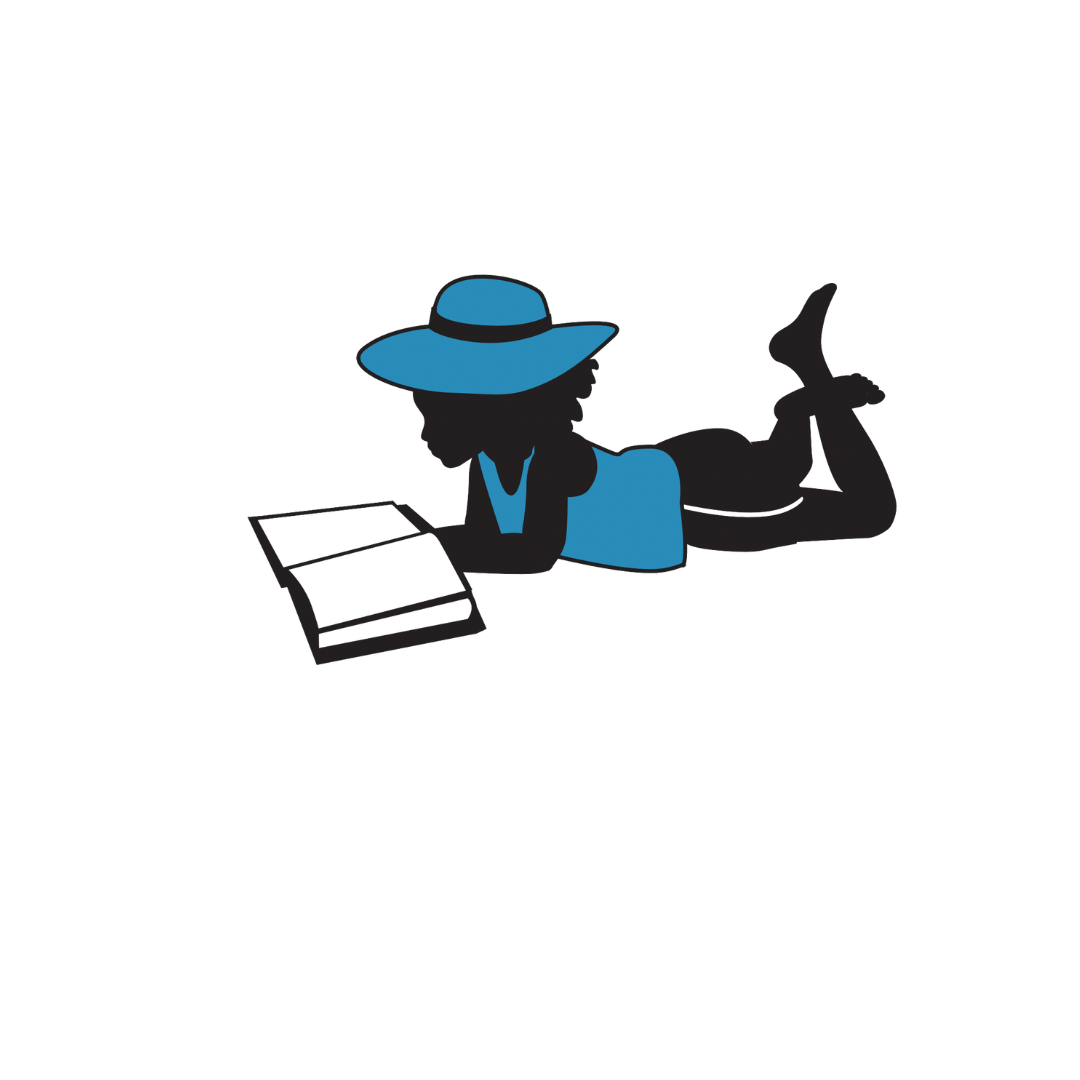The Value of Curiosity
It was the first day of French class in an adult French immersion school in Quebec. I came alone so I smiled awkwardly and said ‘Bonjour’ to everyone. The newbies were gathered together in one classroom to get our notebooks and be dispersed to our separate classrooms. During the week, this woman and I would shyly smile at each other. Toward the end of the week, we found ourselves alone in the hall. I am naturally curious about people but in this new time of everyone getting offended about something, I find myself holding back. We introduced ourselves and I found out she lives in Maryland near my sister. Then I couldn’t help myself. I peppered her gently with questions: are you African-American or Caribbean or have Caribbean parents? Why are you learning French? She was African-American only, had studied Romance languages in university and she was a teacher. Many of her students have French-speaking parents. She loves the language and also wanted to be able to communicate with the parents of her students. I told her about myself - how I was disappointed my two youngest children had dropped the French Immersion school and thought that instead of harassing my children, I should learn the language myself since I thought it so important. I was relieved when she answered my race-related questions without taking offence.
I had a similar conversation over twenty years ago when I first came to Canada. I asked a mixed race woman if she was from the Caribbean. When she said no, I asked if her parents were. She got annoyed. Said she was Canadian, had always been, and was from Nova Scotia. She turned away with a scowl. I went home and researched it. This was when I discovered Africville, a small community of African Nova Scotians that existed from the early 1800s to the 1960s, and Canadian black history in general. I had no idea. I didn’t mean to be offensive, but if you don’t know, you just don’t know.
I met a young girl, twenty years old. She reminded me of myself when I was young. Sometimes we rode the bus together to school. She told me she lives on the reserves near Hamilton, Ontario. I peppered her with questions. Didn’t you learn French in school? Apparently not, she said, if you live on the reserves. Your second language is your Indigenous language. Tell me about life on the reserves. She wasn’t offended. She invited me to a powwow. Gave me her number. Told me to bring my family. All these years in Canada, I thought, and I’ve never been to a powwow.
I met a woman around my age. She came alone too. She asked me if I’d ever eaten authentic Quebec cuisine. The last thing I wanted was bland food. She invited me to an old Quebec restaurant. I didn’t understand the menu but I ordered anyway. The food was incredible. I didn’t want to intrude on her privacy but I asked her a lot of questions. She was divorced. It was strange, she said, to see her children making a life with a whole new family. She asked herself, ‘what next?’ Her ancestors were originally French, so she thought she’d learn the language. She’s been to Quebec every year for the past few years, one week at a time, to learn French. Incredible, I thought, to start anew with courage and determination, to rebuild yourself and your life.
But back to being curious. This has been the most fascinating part of the trip - meeting people and seeing the world again with fresh eyes. It reminded me of when I was young and travelling. Everyone was looking up at the world, not head down into a phone. People started conversations more easily (at least that’s what I remember). We were fascinated with each other’s stories and we talked openly. So, if I meet you somewhere and I ask questions, I’m just curious. And if you’re curious, I’ll answer yours - even if it’s that question that’s dreaded by so many: What are you really?

